The entertainment industry in the United States plays a pivotal role in shaping cultural narratives and promoting freedom of expression. From films and television shows to music and theater, the industry reflects and influences societal values, making it a powerful vehicle for cultural change. In this blog, we’ll explore how the entertainment sector fosters cultural freedom in the USA and the implications it has on society at large.
1. Diversity in Storytelling
One of the most significant ways the entertainment industry promotes cultural freedom is through diversity in storytelling. With a rich tapestry of backgrounds, experiences, and perspectives, filmmakers, writers, and musicians are increasingly telling stories that resonate with underrepresented communities. This shift not only reflects the diversity of the American populace but also empowers marginalized voices.
In recent years, we’ve seen a surge in films and television series that celebrate Black, Latino, Asian, LGBTQ+, and Indigenous cultures. Shows like “Pose,” “Coco,” and “Black Panther” have brought attention to important cultural narratives, challenging stereotypes and fostering a deeper understanding of different communities. This inclusivity is essential in creating an environment where everyone can see themselves represented in the stories told.
2. Challenging Norms and Ideologies
The entertainment industry has always been a space for challenging societal norms and ideologies. Through satire, drama, and humor, artists can critique political systems, social injustices, and cultural taboos. Programs like “Saturday Night Live” and “The Daily Show” provide platforms for political commentary, allowing creators to address pressing issues and spark public discourse.
Furthermore, films such as “The Hate U Give” and “12 Years a Slave” confront difficult subjects like racism and systemic oppression, encouraging audiences to reflect on these issues and advocate for change. By highlighting uncomfortable truths, the entertainment industry not only entertains but also educates and empowers audiences to think critically about the world around them.
3. Global Influence and Cultural Exchange
The USA’s entertainment industry is a global phenomenon, with its influence extending far beyond its borders. This global reach facilitates cultural exchange, allowing American artists to engage with international audiences and vice versa. Movies, music, and art from different countries are increasingly accessible, leading to a richer understanding of global cultures.
This cultural exchange also fosters creativity within the industry itself. Collaborations between American artists and international creators result in innovative works that blend diverse influences, showcasing the beauty of cross-cultural dialogue. This not only broadens the artistic landscape but also promotes cultural freedom by allowing artists to explore and celebrate their heritage in new and exciting ways.
4. Technology and Accessibility
The rise of digital platforms has revolutionized the entertainment industry, making it more accessible than ever. Streaming services like Netflix, Hulu, and Spotify have democratized content creation and distribution, allowing independent artists to share their work without the constraints of traditional media gatekeepers. This shift empowers creators to explore unconventional narratives and themes, fostering a culture of innovation and experimentation.
Moreover, social media has become a powerful tool for artists to connect with their audiences, share their stories, and advocate for causes they care about. Platforms like TikTok and Instagram allow for rapid dissemination of ideas and cultural trends, giving rise to grassroots movements that can challenge established norms and promote cultural freedom.
5. The Role of Activism
Many artists in the entertainment industry use their platforms to advocate for social and political causes, promoting cultural freedom through activism. From musicians like Beyoncé and Kendrick Lamar to actors like Emma Watson and John Legend, many are using their influence to support movements such as Black Lives Matter, LGBTQ+ rights, and climate change advocacy.
This activism not only raises awareness but also encourages fans to engage with these important issues. By aligning their work with social justice causes, artists contribute to a cultural environment that values freedom of expression and the pursuit of equality.
Conclusion
The entertainment industry in the USA is a vital force for cultural freedom, reflecting the diverse narratives of its citizens while challenging societal norms. Through inclusive storytelling, global cultural exchange, technological innovation, and activism, the industry fosters an environment where voices from all walks of life can be heard. As we continue to navigate an ever-changing cultural landscape, the entertainment industry will remain a crucial player in promoting and preserving cultural freedom in America.
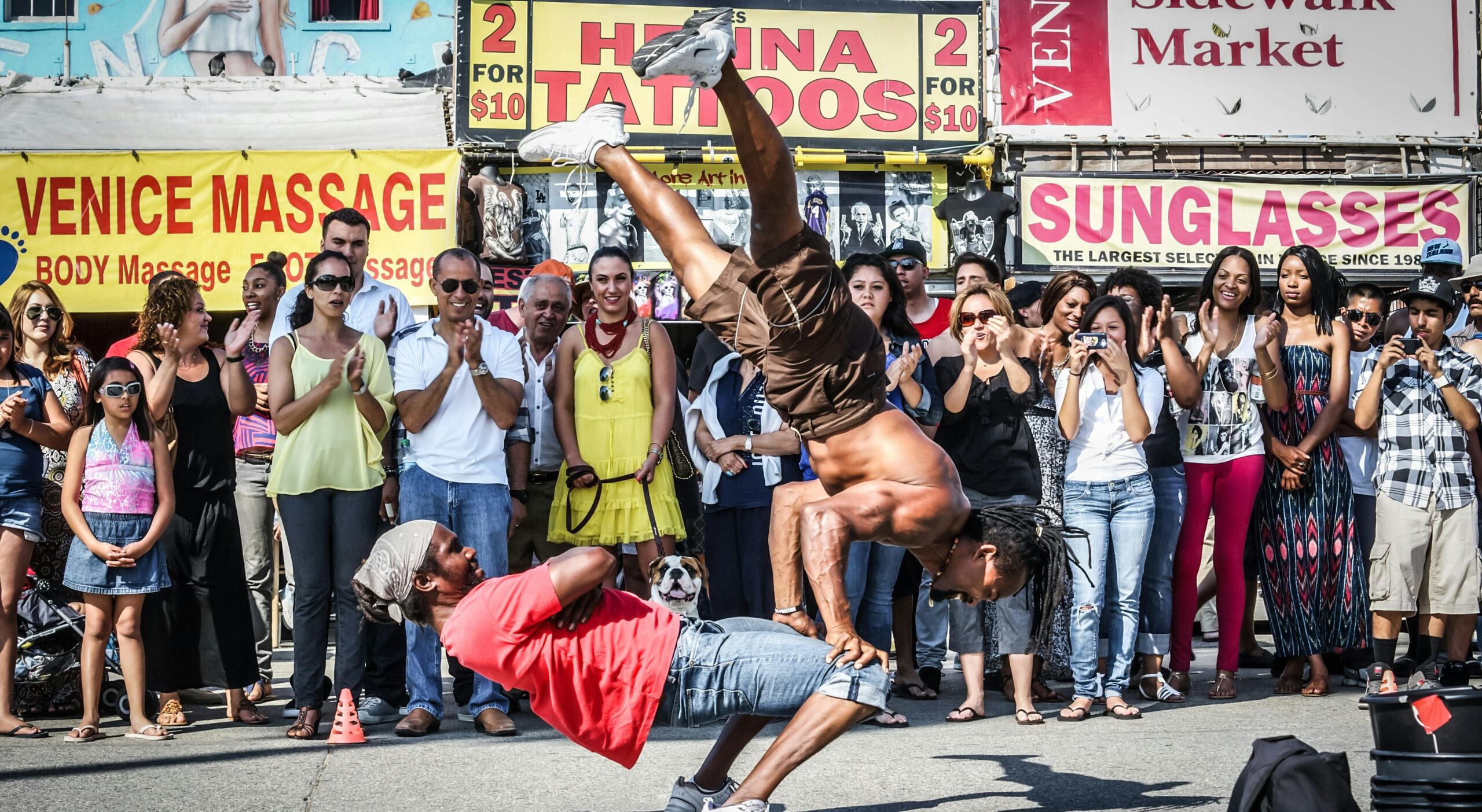
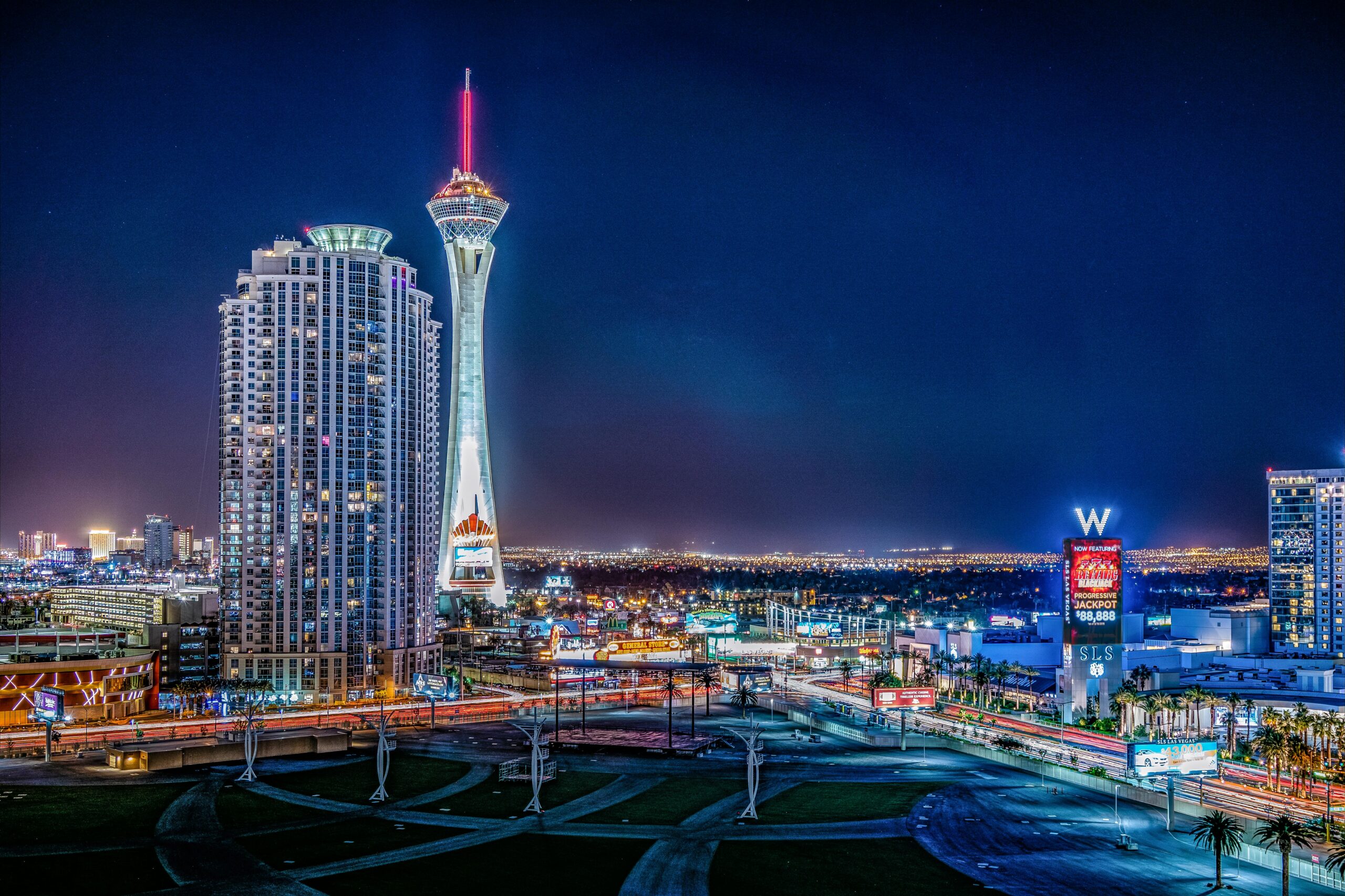
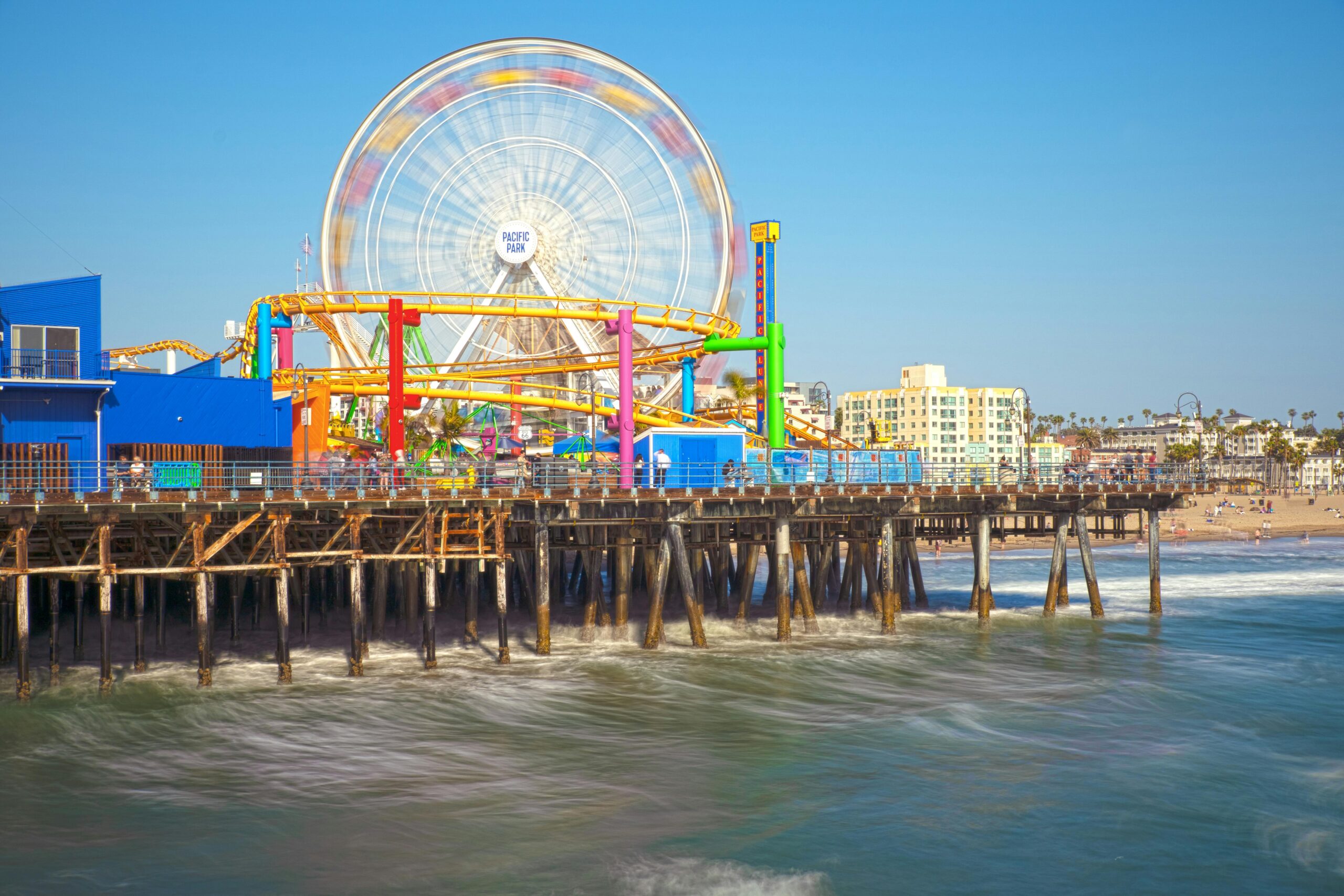
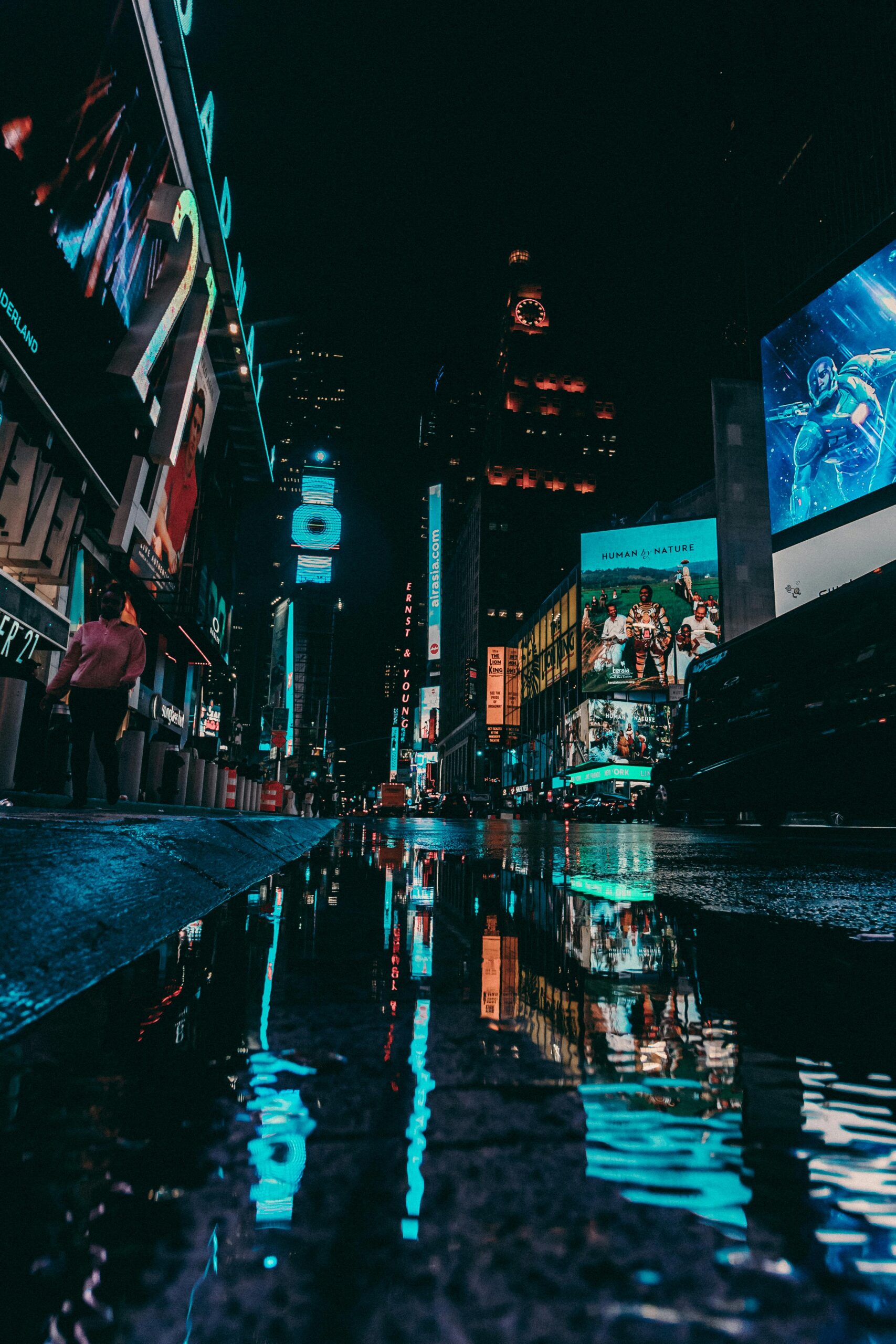



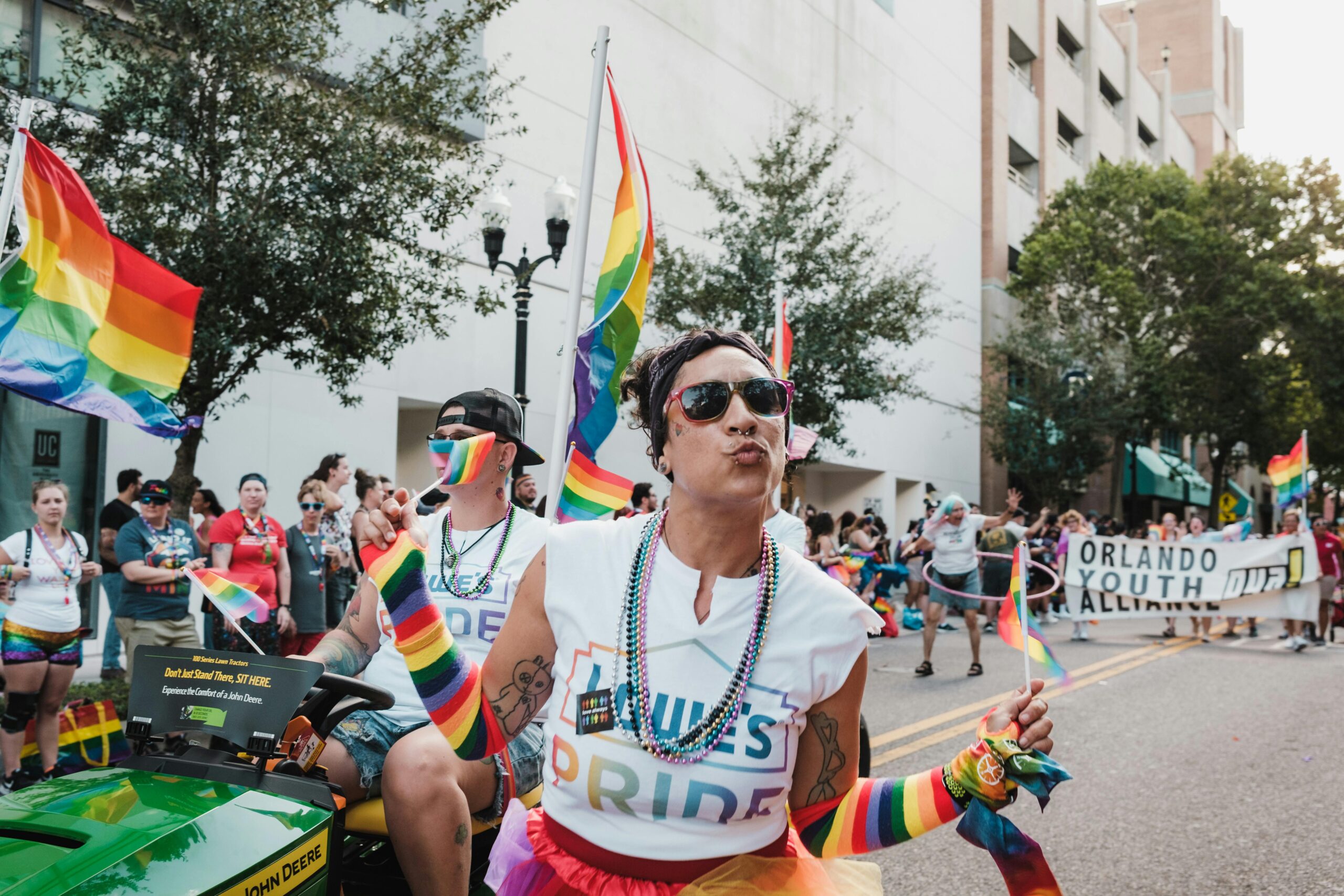
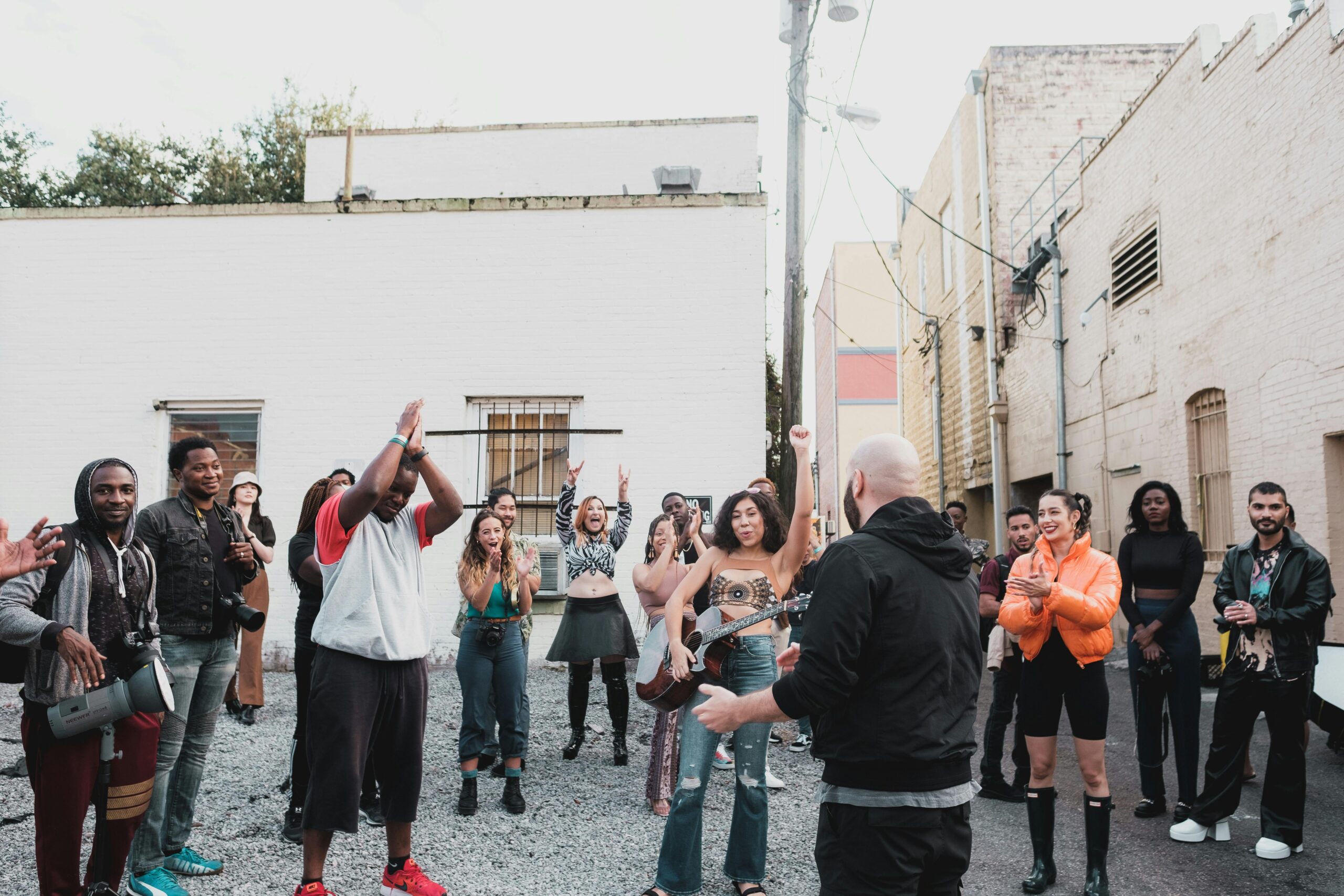
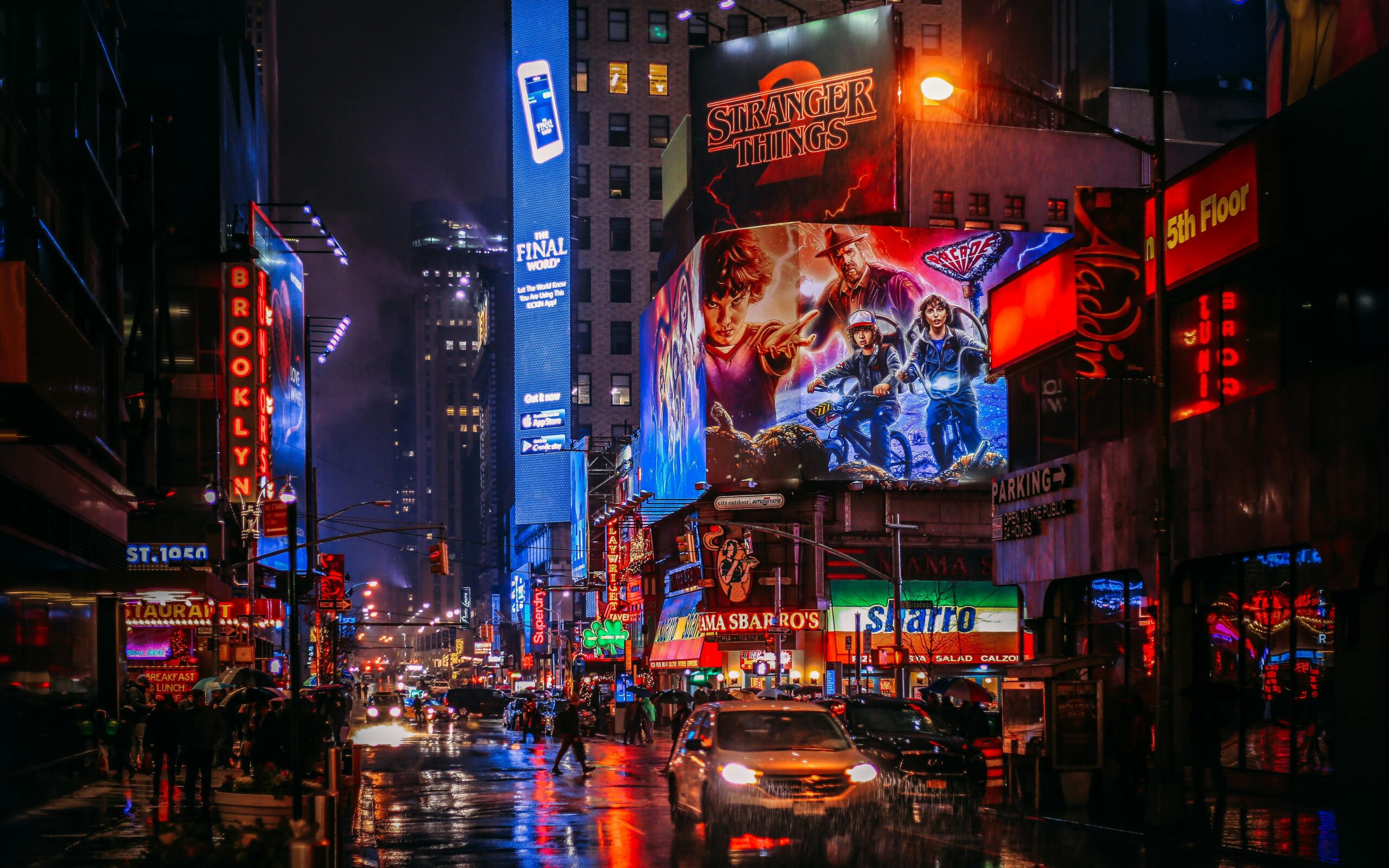
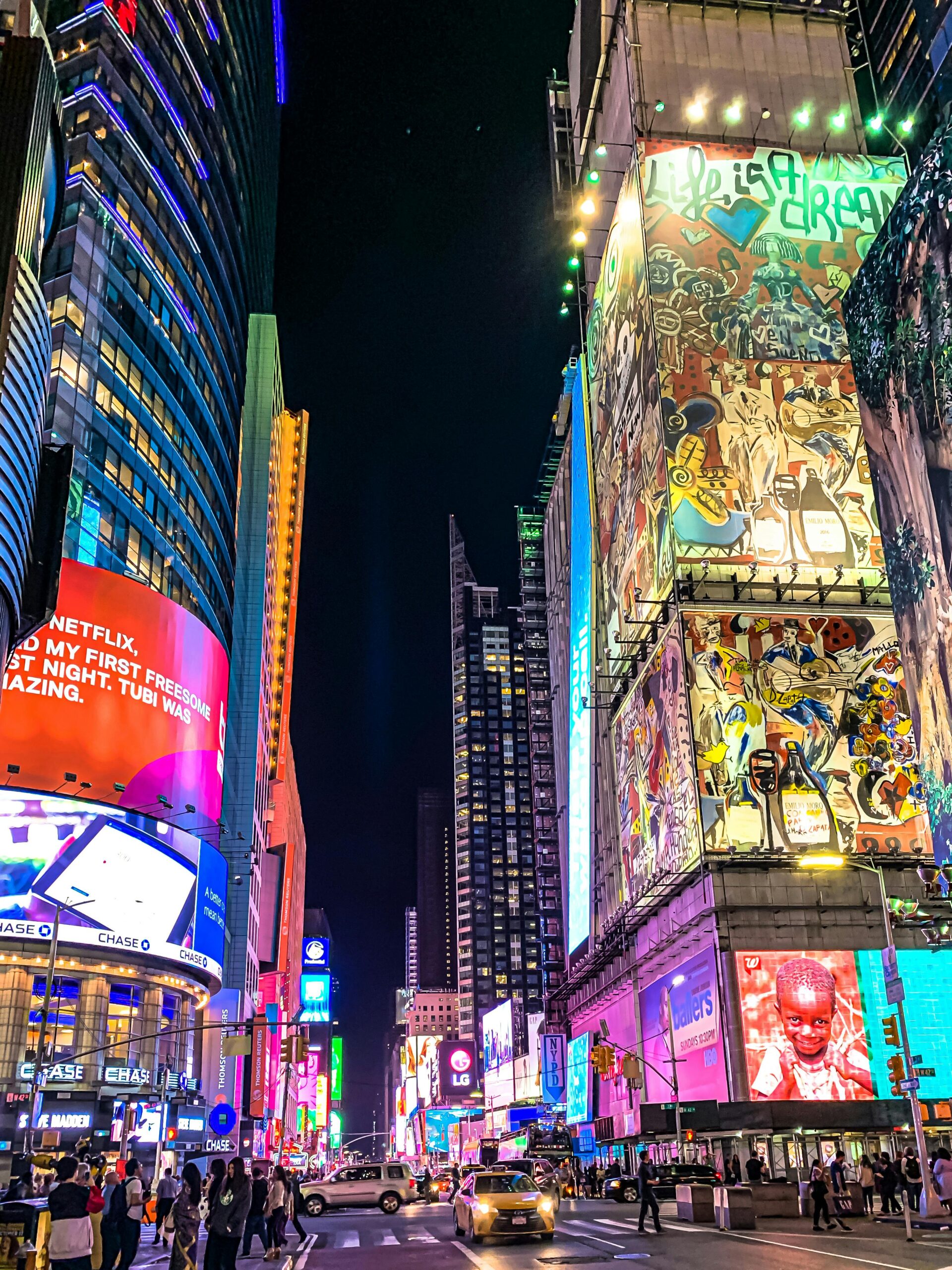



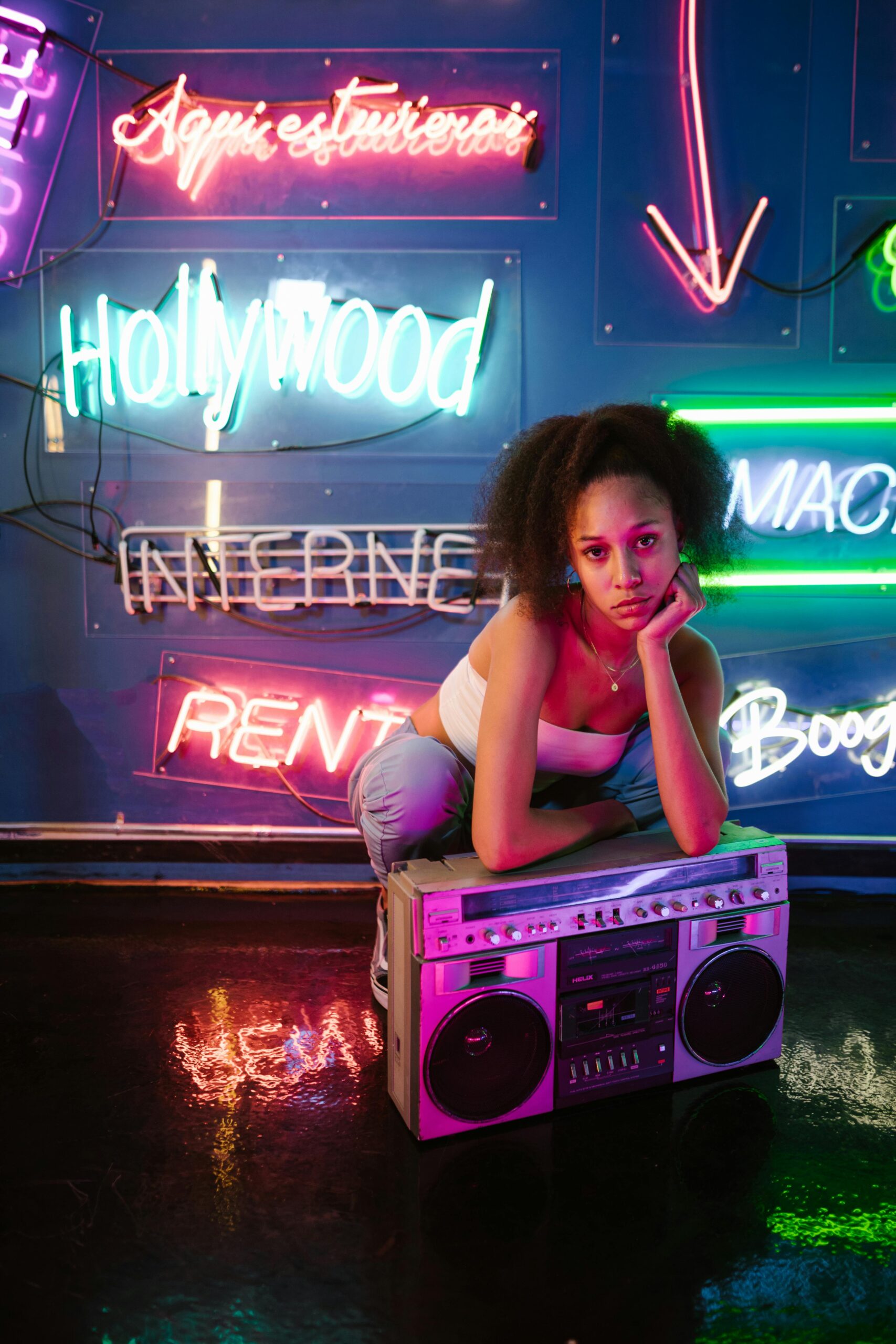
Leave a Reply